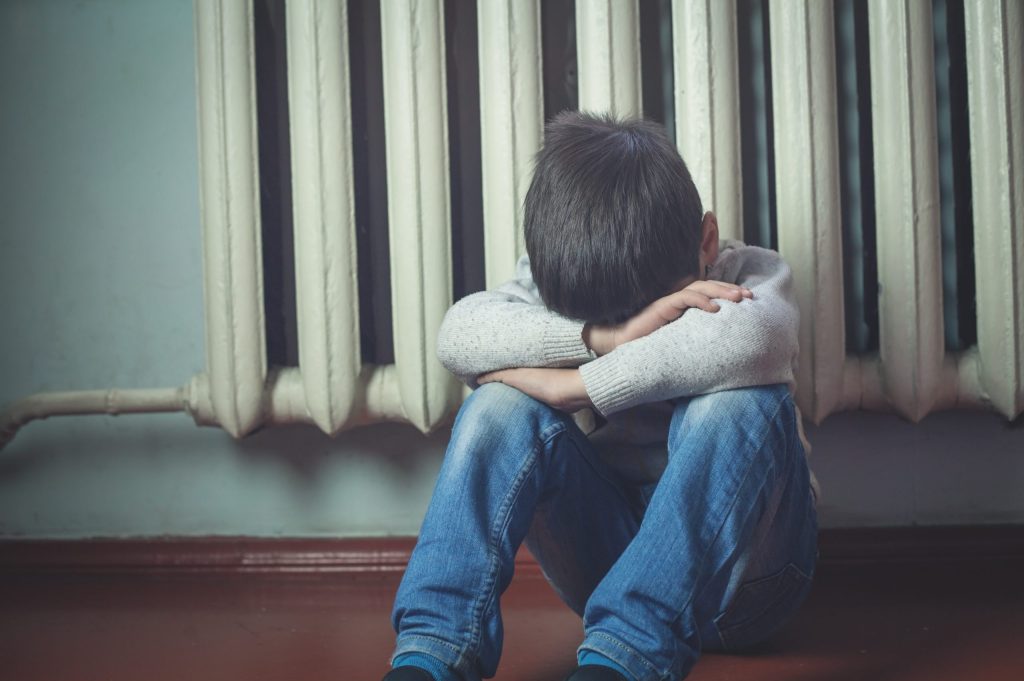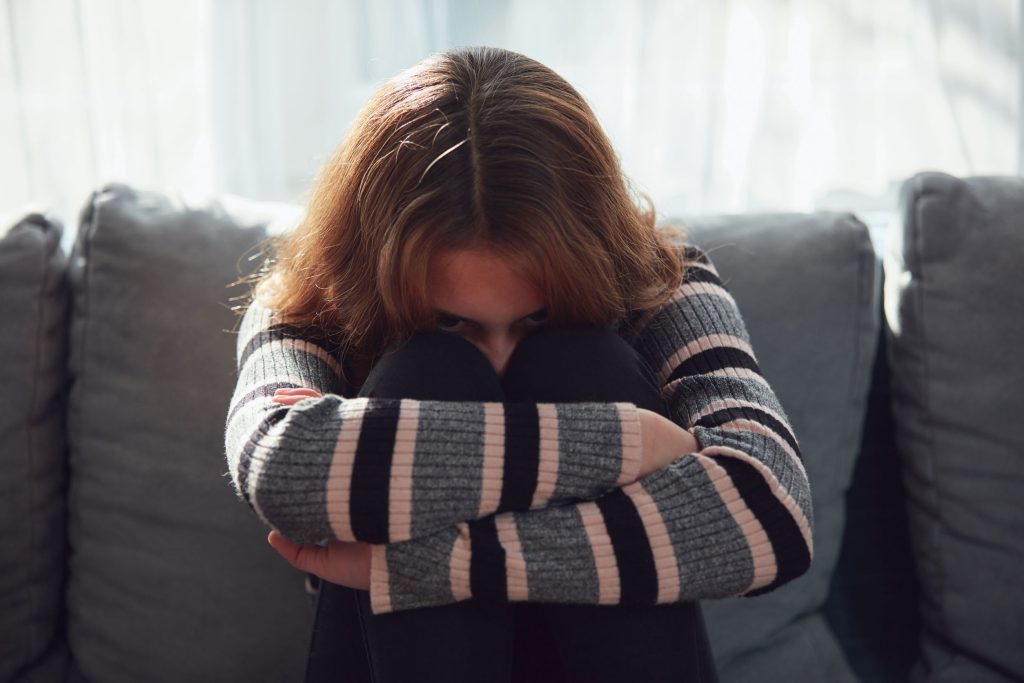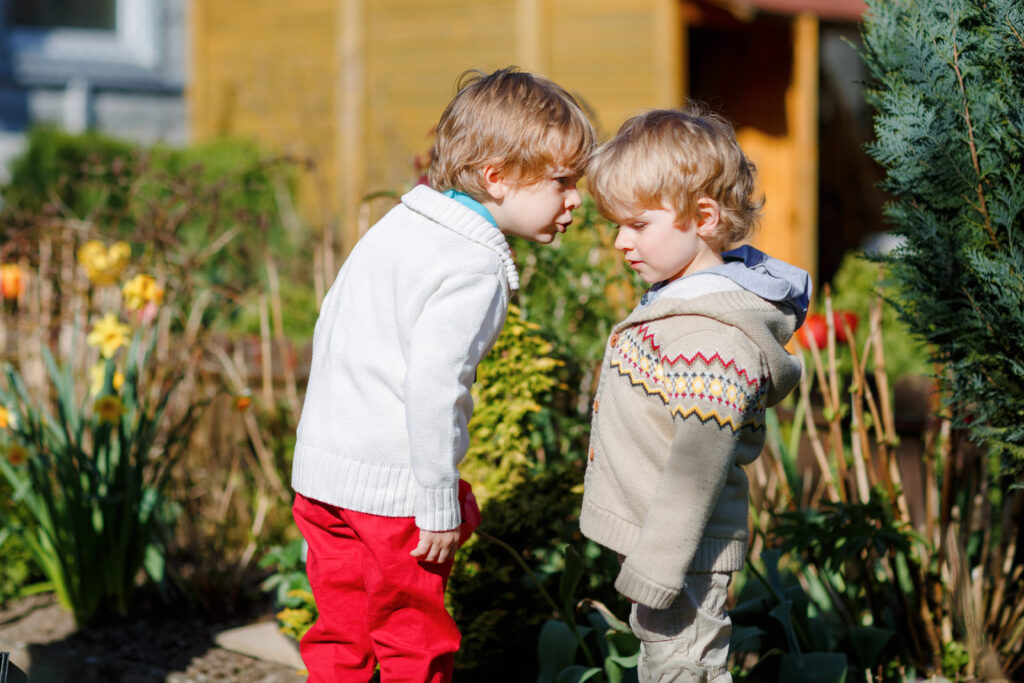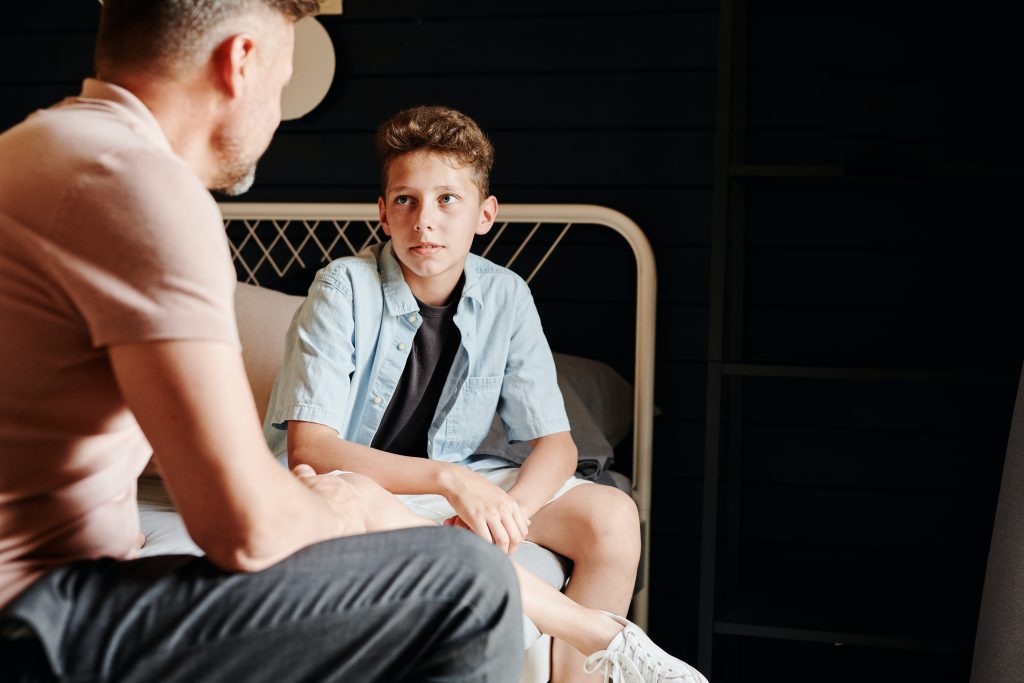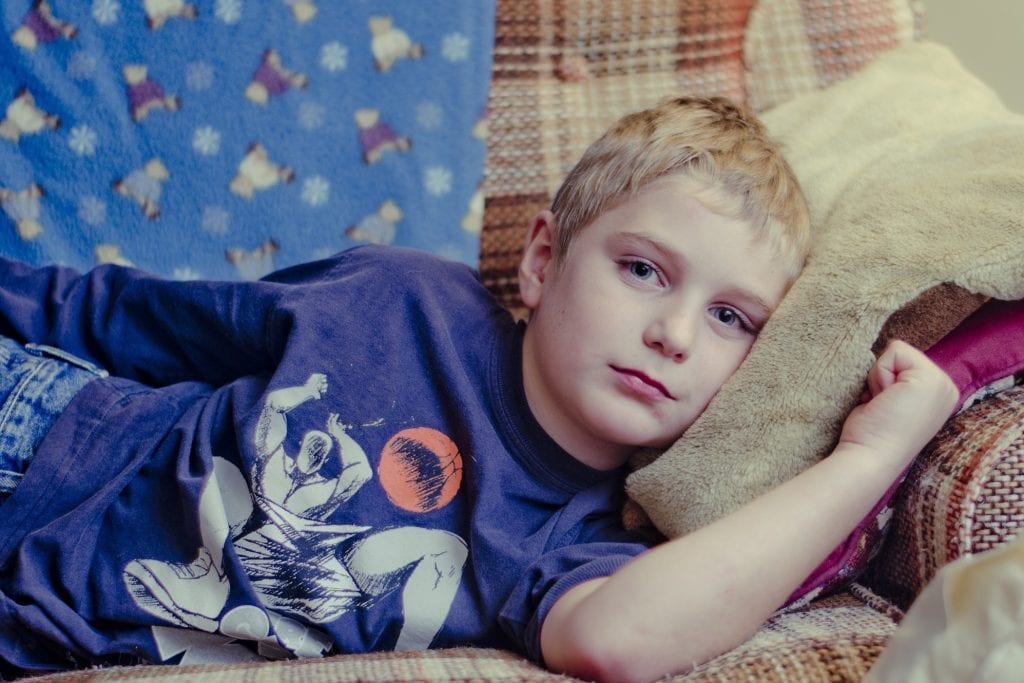The Spark Blog
Category: young people
-

Self-harm: The Truths and the Myths
Self-harm, or to give it it’s up to date classification ‘non-suicidal self-injury (NSSI), is defined in the NHS dictionary as ‘deliberate injury to oneself, typically as a manifestation of a psychological or psychiatric disorder.’ Self-harm is basically behaviour where deliberate harm is done to oneself. This is predominantly a way of coping with overwhelmingly upsetting…
/
-

Adolescence: 4 Truths Adults Need to Know
Adolescence can be one of the most emotionally turbulent times in a person’s life; hormones, changing responsibilities, the rewiring of the prefrontal cortex of the brain and difficult social and emotional situations can all take a toll on the emotional wellbeing of even the healthiest teen. In this article, Counsellor Joanna Herman-Waddell shares her experience of working with…
/
-

Loss: how to help children and young people cope
Change is an inevitable and necessary part of growing up. With every change there is an element of loss, even when the changes are welcome. Whether it is the grief that comes with the loss of a favourite toy as a child or the death of a beloved grandparent, change creates difficult transitions. We are…
/
-

Understanding the Teenage Brain: A Short Introduction for Parents
Neuroscientists consider 25 to be the age at which the human brain becomes fully developed. Until then, they should be considered a work in progress. Which is particularly the case for the teenage brain. For generations, parents have wrestled with the conundrum that is the adolescent mind: at times growing in maturity before rapidly shifting…
/
-

Understanding anger for parents
Along with happiness and sadness, anger is perhaps one of the most common emotions we experience in everyday life. We all experience anger in different ways but it can often become an easy ‘go-to’ emotion for children and adolescents. By understanding anger and, in particular, what lies beneath it, parents can better support children and…
/
-

Mental health: preparing your child for university
The mental health of students at university has been making headlines for some time now and is a growing issue. Therefore, if you are a parent preparing your child for university, it is vital to consider how you can help them get ready for problems like isolation, loneliness, stress and financial worries. In this short…
/
-

How to teach kids good mental health at home
During Children’s Mental Health Week, it might be worth thinking about The World Health Organisation’s figures that “around 1 in 5 of the world’s children and adolescents have a mental disorder” and that “about half of mental disorders begin before the age of 14”. In context, government data suggests 10% of children and young people…
/
-

Helping children with emetophobia
Emetophobia is the fear of vomiting. We all have some degree of fear about vomiting or being in close proximity to someone who is. It isn’t the most pleasant experience for anyone after all! However, there are individuals panic-stricken by even the thought of vomiting. In fact, this phobia is particularly common in children. On…
/


